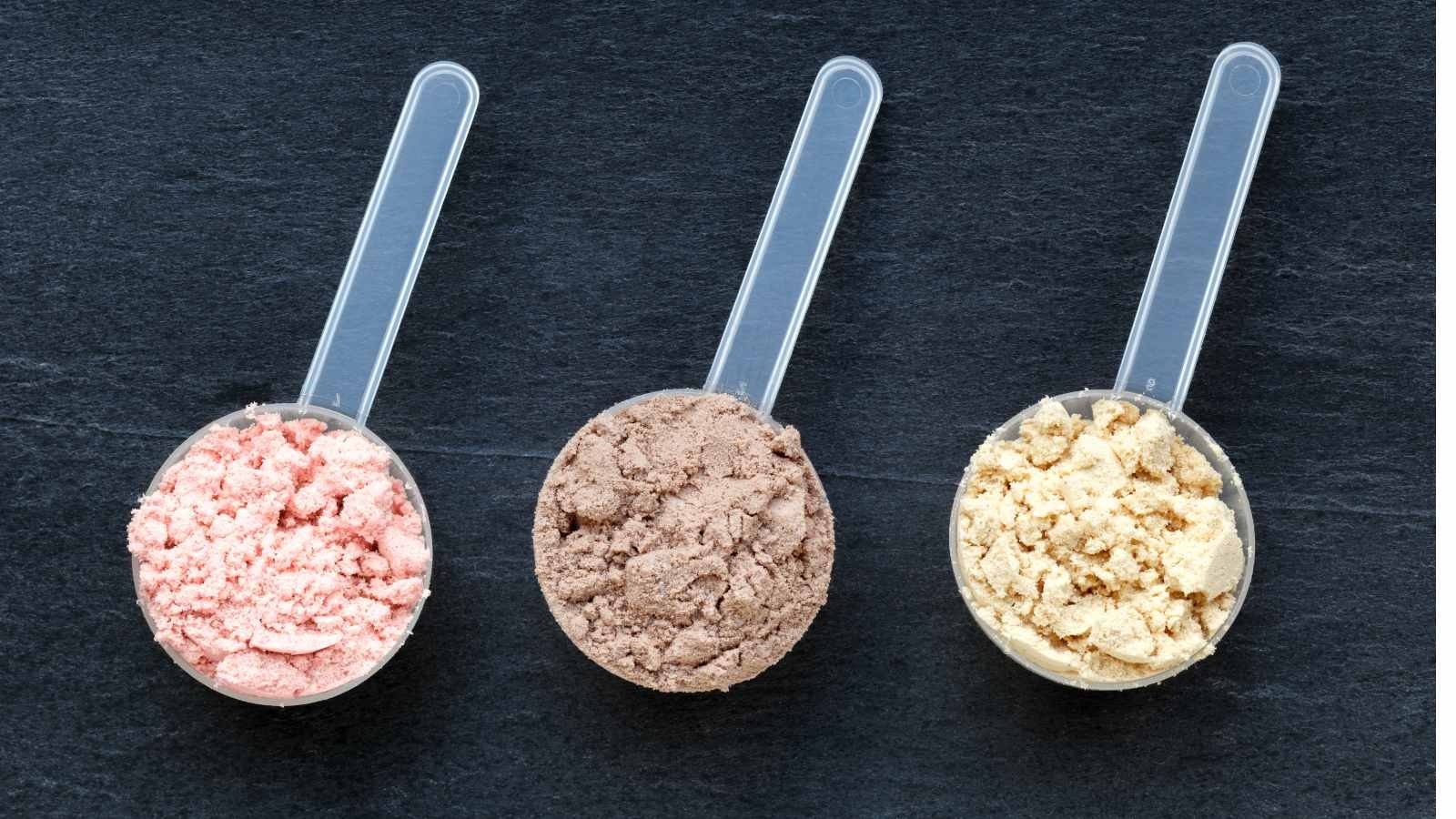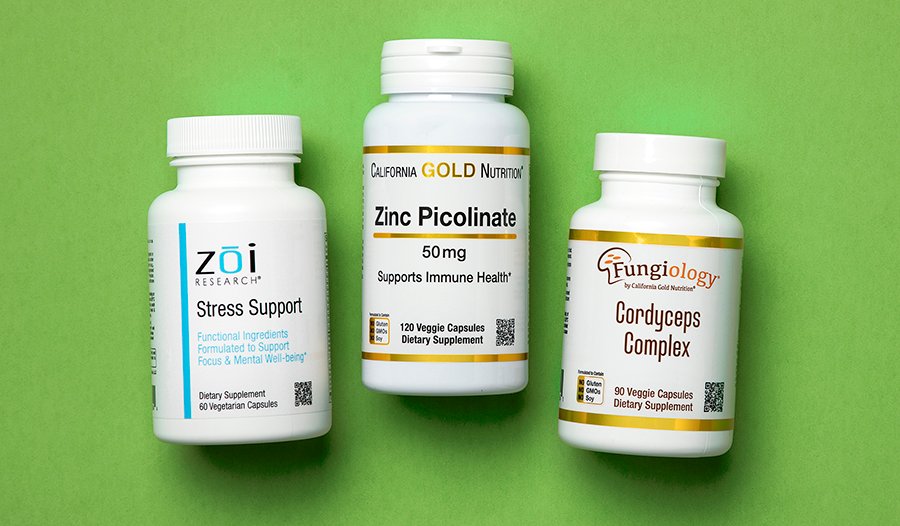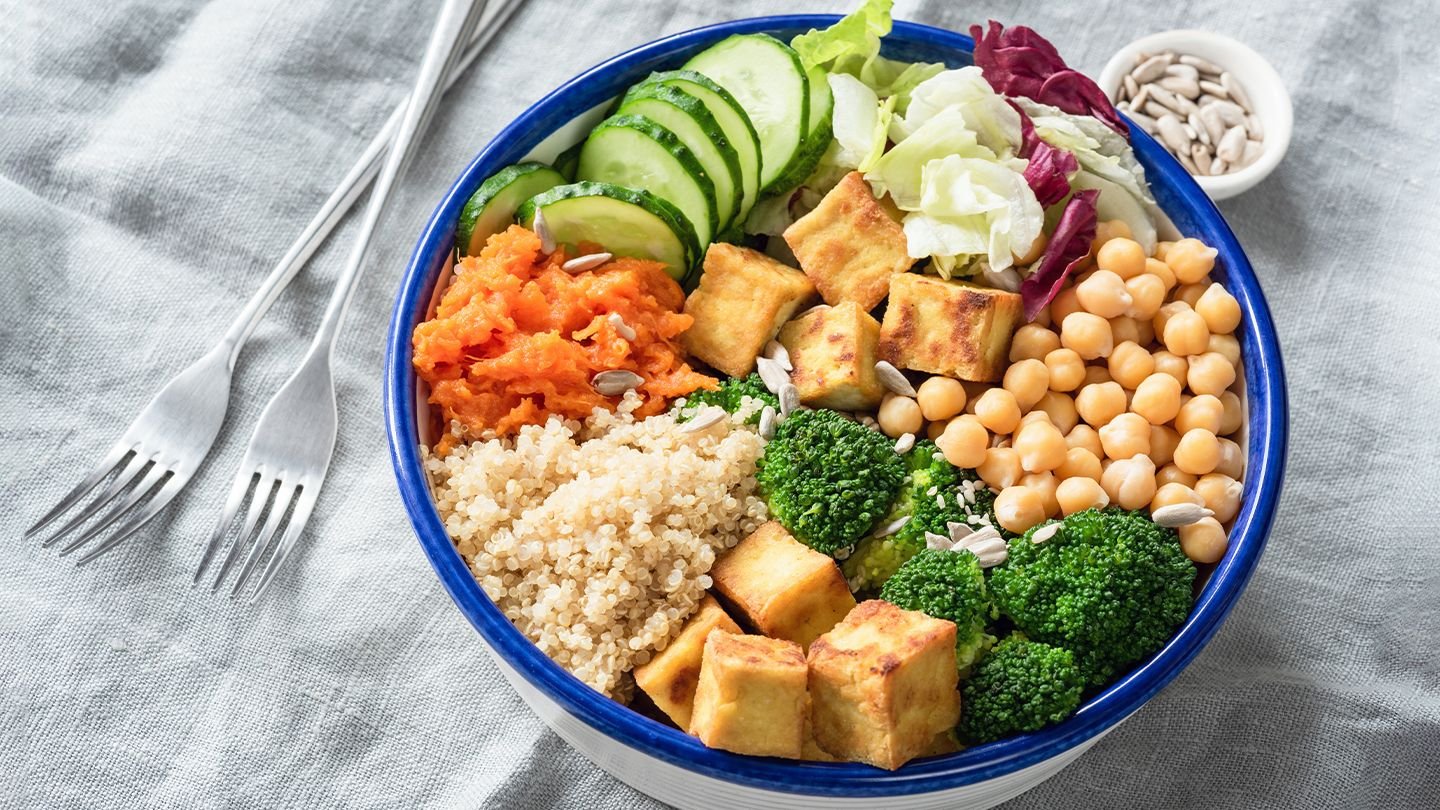Selecting quality protein powders is essential if you want to achieve your health and fitness goals. Whether you’re building muscle, losing weight, or simply maintaining a balanced diet, protein powders can be a helpful addition to your routine. However, with so many options on the market, choosing the right one can feel overwhelming. In this article, we’ll guide you through practical strategies to identify high-quality protein powders that meet your needs.
Understand Your Goals
Before selecting quality protein powders, it’s important to define your goals. Are you looking to build muscle, improve recovery, or supplement your protein intake? For muscle building, look for powders rich in whey or casein protein. For general nutrition, plant-based options like pea or rice protein might suit you better.
When you know what you’re aiming for, it becomes much easier to choose a product that supports your lifestyle and health objectives.

Check the Ingredients List
When selecting quality protein powders, always start by reading the ingredients. High-quality powders typically have a short ingredient list without unnecessary fillers or artificial additives. Look for recognizable ingredients, such as whey protein isolate, pea protein, or casein.
Avoid products loaded with added sugars, artificial sweeteners, or preservatives. These can negatively impact your health, especially if consumed frequently.
Choose the Right Type of Protein
Not all protein powders are the same. Some common types include whey, casein, soy, and plant-based options like hemp and pea protein. Selecting quality protein powders means choosing one that aligns with your dietary needs and preferences.
For example, whey protein is a fast-absorbing option ideal for post-workout recovery. Meanwhile, casein digests slowly, making it a great choice for nighttime use. If you’re vegan or lactose-intolerant, plant-based proteins are an excellent alternative.
Consider Protein Content Per Serving
When selecting quality protein powders, check how much protein is provided in each serving. A good powder typically contains at least 20 grams of protein per serving.
Make sure you’re getting enough protein without excessive calories, fats, or carbohydrates, depending on your dietary goals. This balance ensures you’re getting what you need without unnecessary extras.
Look for Certifications
Choosing certified products is a smart step when selecting quality protein powders. Certifications like NSF Certified for Sport or Informed Choice ensure the product has been tested for purity and safety.
These labels give you confidence that the protein powder is free from harmful substances and meets high-quality standards.
Taste and Mixability Matter
A protein powder’s flavor and mixability can make a big difference in how consistently you use it. When selecting quality powders, consider trying a small size first or looking for sample packs.
High-quality powders should mix well with water or milk without clumping. Whether you prefer chocolate, vanilla, or unflavored options, choose one you’ll enjoy drinking regularly.
Assess Digestibility
Digestibility is another important factor when selecting quality powders. Some people may experience bloating or discomfort from certain protein types.
If you’re lactose-intolerant, avoid whey concentrate and opt for whey isolate or plant-based options. Many brands also include digestive enzymes to help with absorption, making the powder gentler on your stomach.
Evaluate the Brand’s Reputation
When selecting quality protein powders, stick to trusted brands with a positive reputation. Look for brands that provide transparency in their sourcing and manufacturing processes.
Reading reviews from other users can also give you insights into the product’s effectiveness and quality. Avoid companies that make exaggerated claims or don’t share information about their ingredients.
Check the Price
While selecting quality protein powders, remember that price can reflect quality, but not always. Some expensive options may include premium ingredients, while others are overpriced for marketing reasons.
Compare prices per serving rather than per container. A reasonably priced protein powder with clean ingredients and a reputable brand is usually the best choice.
Test It in Your Routine
Finally, selecting quality protein powders means finding one that fits seamlessly into your routine. Experiment with how you use it—whether in shakes, smoothies, or baked goods—to see what works best for you.
Consistency is key to achieving your goals, so make sure the protein powder you select enhances your lifestyle rather than complicating it.
Conclusion
Selecting quality protein powders doesn’t have to be a daunting task. By understanding your goals, checking ingredients, and considering factors like taste and digestibility, you can choose a product that works for you.
Remember, a high-quality protein powder should complement your diet, support your health goals, and be enjoyable to use. With these strategies, you’ll find the perfect protein powder to help you on your journey to better health and fitness.









